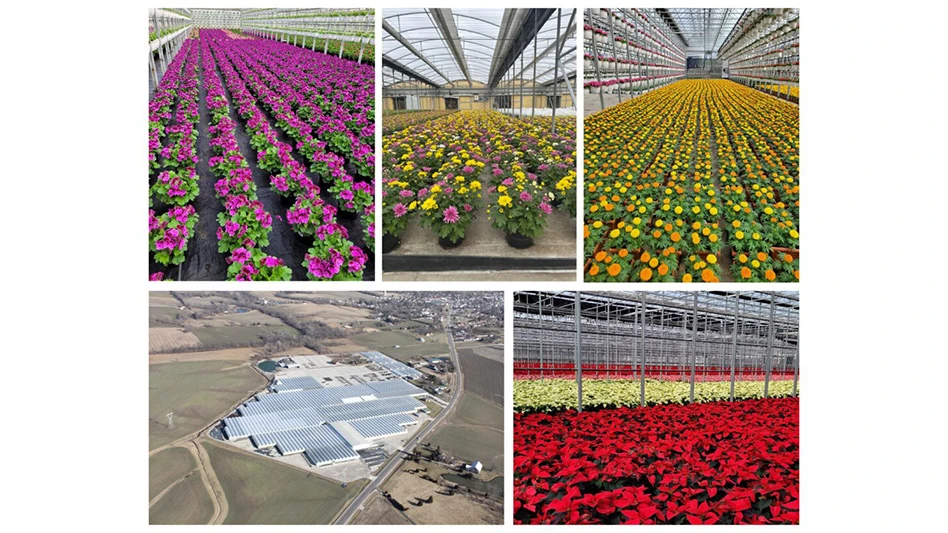
This month we introduced another group of Millennials poised to lead the green industry. Their reasons for getting into horticulture differ greatly, as do their approaches to growing, selling and education. We hope you enjoy reading about them as much as we enjoyed getting to know them. As I was reading up on the latest Millennial research, I had to laugh at the memories of my early career with the internet being new to the public (think AOL and that wretched, ear-piercing dial-up noise), using card catalogs and slogging through several hundred files to find information to write a story, and cold calling for hours each day. I didn’t even own a cell phone at the time. (I belong to Gen X – born in the ‘70s and was a teenager in the 80s.)
By the time I got to my second job, the internet was a little faster, a lot more widely used — as was email — but I was still on the phone for hours every day. Now, so much of my communication with you all is electronic. Email use is even dwindling in exchange for texts and social media messages. My point for that trip down memory lane? A reminder at how lucky we are to see our lives made better (for the most part) thanks to technology. But I also bring it up to ask you this: Are you communicating with your Millennial (and soon to be Gen Z aka iGen) employees the way they want to communicate? Some of you may be grumbling, but we’ve got to work together and make a few changes and concessions.
When it comes to training Millennials, we’ve got some great tips in "Teachable Moments." Hint: Start using video and texting to push info to Millennials.
Now think about iGen, those born after 1995. They don’t even know a world without mobile technology. And they’ll be flooding the workforce soon. Technology is at their very core, which is why they’re also called “digital natives.”
The experts haven’t yet made a lot of sweeping generalizations about iGen, which is probably a good thing. But here are few things we do know:
- The Census Bureau estimates that by 2020, 50.2 percent of children under 18 are expected to be part of a minority race or ethnic group.
- They’re entrepreneurial. According to Harvard Business Review, 70 percent of Gen-Z teens were “self-employed” (such as teaching music lessons or selling goods on eBay) versus just 12 percent that held a more “traditional” teen job (such as waiting tables). A survey by Northeastern University showed that 42 percent expect to work for themselves one day.
- They’re concerned about money. After witnessing the financial crisis and subsequent struggles of their Gen X parents, about 46 percent of iGen reported being worried about student loan debt. (Very few of them have even graduated from high school yet.) They were also found to be more concerned about the cost of their education than Millennials.
Source: Today Money
With the possibility of all four generations working in the same company, we’re all tasked with learning how to communicate better, making compromises and finding each other’s strengths. Embrace the differences and make them work for the betterment of the industry.
In the November 2015 issue’s industry news section, the photo of the delphinium on page 8 should have been credited to Jelitto Perennial Seeds.


Explore the March 2016 Issue
Check out more from this issue and find your next story to read.
Latest from Nursery Management
- GIE Media Horticulture Group wins five regional 2025 Azbee Awards of Excellence
- Get to know Pat Reilly with NewGen Boxwood and the American Boxwood Society
- Terra Nova Nurseries introduces rust-free and disease-resistant heucherella
- John T. Nickel, founder of Greenleaf Nursery Co., passes away at 89
- Three tours offered at 2025 Farwest Show
- Garden Media Group announces sixth annual Women in Horticulture Week
- Star Roses and Plants announces National Knock Out Rose Day
- The Growth Industry Episode 4: How federal budget cuts are affecting horticulture nonprofits





